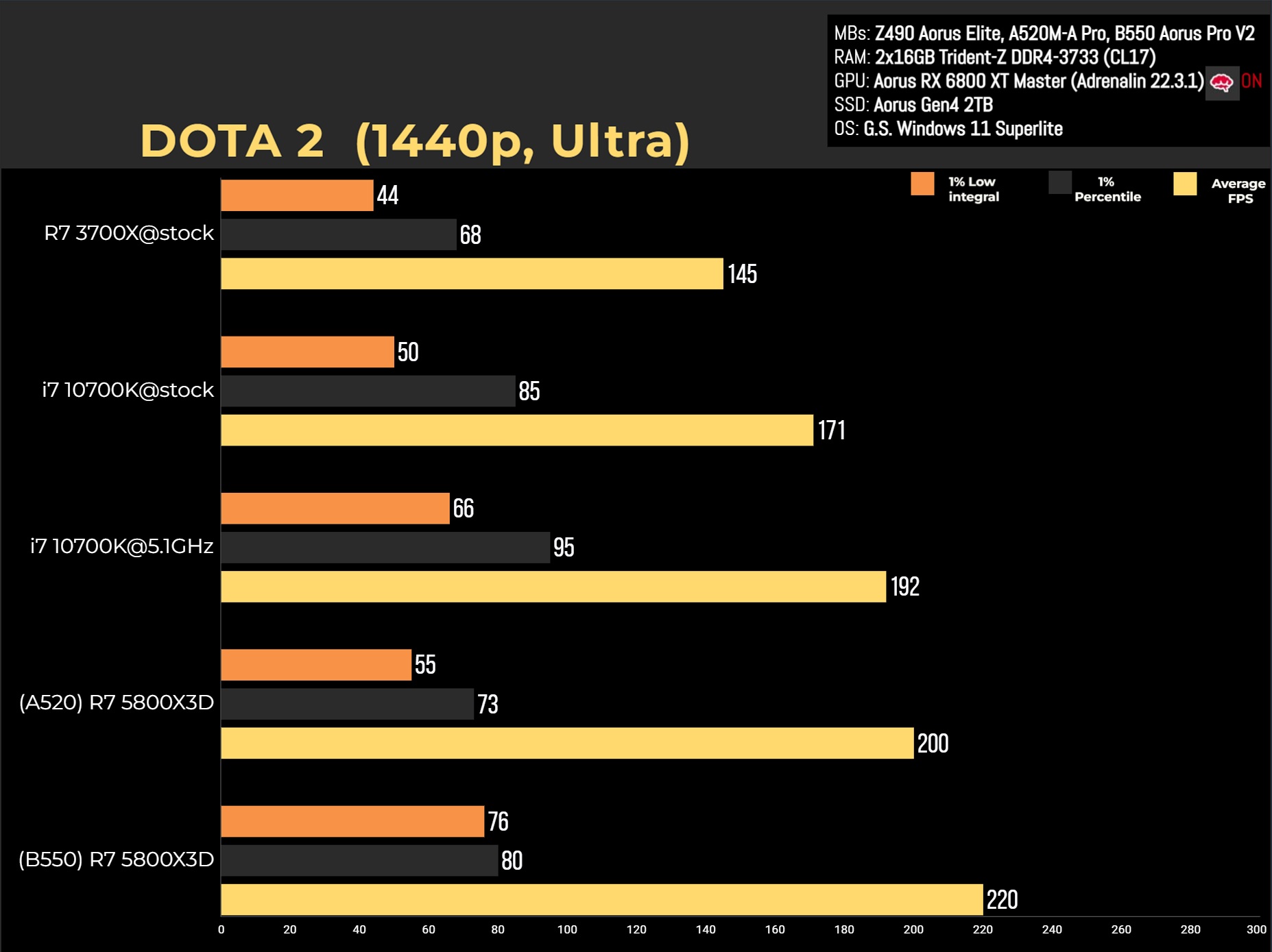It's a great software. I suggest you extend the default recording time beyond the default 30 seconds. I use 300 seconds (5 mns). I feel this gives a better representation of the variation, lows, averages in a typical game play experience.
It's really helpful to track and monitor performance changes on your own system. Tip: Make sure you add a comment with some info after completing a test. Just to help you keep track. I like to add what area I was in or some match details, what settings, resolution etc.
Example:
View attachment 2558720
Yes, comments are necessary, I always write the resolution and room temperature, at the least.
For now, I am using 1400s capture time and trying to find the
most intense scenes. Still benching the 10700K@OC, as for the rest of the platforms - they will be tested on the same scenes/levels in the selected games.
Sims, like Satisfactory or cities skylines with large factories or cities. These will tank cpu performance like no other. Also RTS (real time strategy) games like starcraft 2 are going to be very cpu bound in large battles with 8 or more players. Custom maps like DS will also tank performance. These are the things more review channels never test.
MMO's like WoW can be very cpu demanding as well. most of the games on that list are really pretty good with any recent cpu and probably do not require a cpu upgrade to play and it seems most reviews only show case the norm like this list you have here. Ofc having more test results is still welcome.
Elden ring might be interesting to see in offline with the frame cap removed.
Escape From Tarkov would be a great test too.
EFT and Elden ring both are very cpu/mem/latency bound and could be some of the best test to run. i'm sure there are many more games that have terrible optimization and could benefit from faster cpus.
Isn't Elden Ring mostly GPU and not CPU-bound? I don't have access to youtube right now, but recently I watched a video on jayztwocents where he showed that the game is mainly limited by the
GPU on a high-end rig.
This is the list for now:
1. Counter-Strike: GO (2012)
2. Dota 2 (2016 - Source 2)
3. Apex Legends (2019)
4. Destiny 2 (2017)
5. Battlefield™ V (2018)
6. World of Tanks (2018 - enCore RT)
7. Fallout 76 (2018)
8. Lost Ark (2019)
9. PUBG: BATTLEGROUNDS (2016)
10. Splitgate (2019)
11. War Thunder (2020 - Dagor 6.0)
12. Far Cry 5 (2018)
13. Far Cry - New Dawn (2019)
14. Far Cry 6 (2021) (non-Steam)
15. Warhammer: Vermintide 2 (2018 - Bitsquid)
16. League of Legends (engine year ???)
17. Valorant (2020)
18. COD: Warzone (2020)
19. StarCraft 2 (2010)
20. Fortnite (2017)
21. Watch Dogs: Legion
22. Resident Evil: Village
23. Borderlands 3
24. Total War: WARHAMMER II
25. Total War: Three Kingdoms
26. A Total War Saga: TROY
27. Tom Clancy's Rainbow Six Siege
28. Hitman 3
29. The Riftbreaker
30. Halo Infinite
31. Shadow of the Tomb Raider
32. Gears 5
33. Assassin's Creed Valhalla
34. Back 4 Blood
35. Civilization VI
36. The Surge 2
37. Cities: Skylines
38. Satisfactory
39. Escape from Tarkov
40. World War Z - Aftermath
41. Assetto Corsa Competizione
And the custom template I made (
NOT real fps, just put some numbers):
1440p will be the main resolution; some games will be tested at 1080p/2160p.






